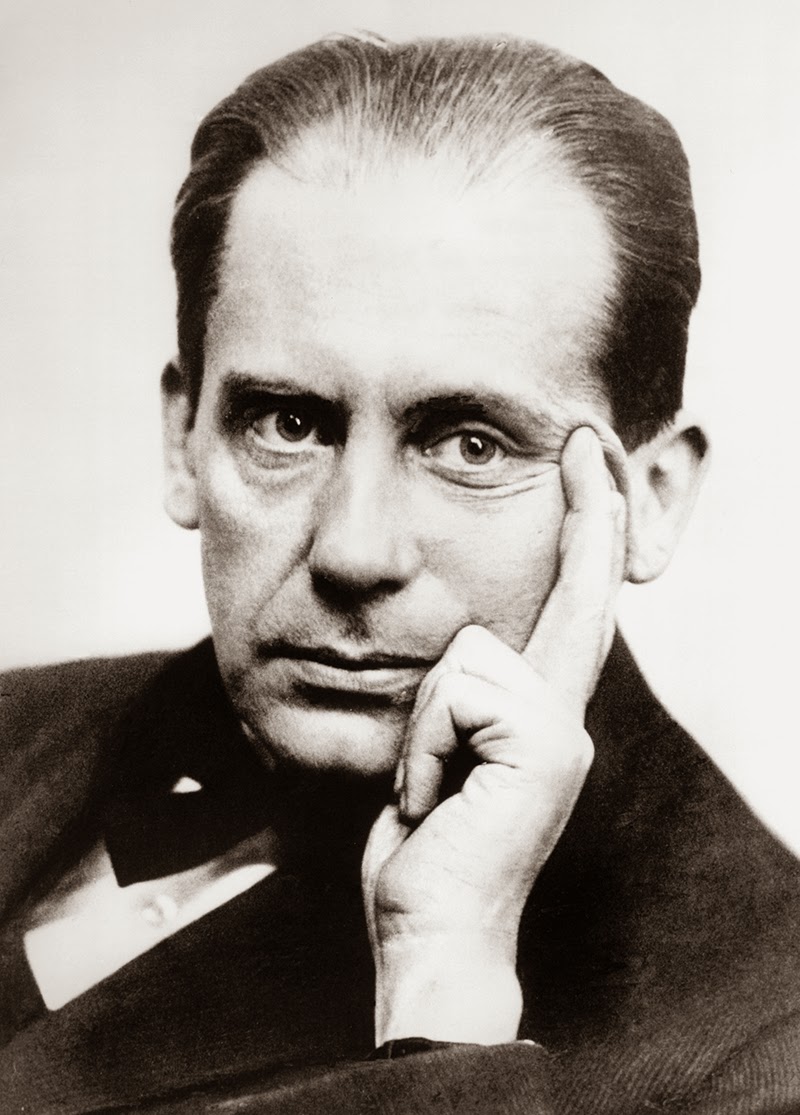- http://www.behance.net/gallery/14160055/Ping-Pong
- http://www.behance.net/gallery/15204629/Ping-Pong-Night
- http://www.behance.net/gallery/16571405/Brasilia-50
- http://www.behance.net/gallery/15678347/CAPTIVATE
- http://www.behance.net/gallery/13257883/Przekroje
- http://www.behance.net/gallery/11280697/Pause-Fest-14-Branding
- http://www.behance.net/gallery/Curious-Space-Identity/9672855
- http://www.behance.net/gallery/15786303/Pull-Bear-Openning-Berlin
Sam Horbury
Level 06
BA (Hons) Graphic Design
Leeds College of Art
OUGD 505 - Studio Brief 3
Links for research and inspiration:
Labels:
OUGD 505
OUGD 501 - Research for Content
http://www.vatjaiswal.com/loius-henry-sullivan/
http://roconnorhfblog.wordpress.com/2013/01/05/why-form-follows-function-is-outdated/
http://en.wikipedia.org/wiki/Form_follows_function
http://www.smashingmagazine.com/2010/03/23/does-form-follow-function/
http://www.vam.ac.uk/page/m/modernism/
http://simple.wikipedia.org/wiki/Modernism
http://www.creativebloq.com/graphic-design/easy-guide-design-movements-modernism-10134971
http://www.mastersofmodernism.com/?page=Modernism
http://www.theguardian.com/artanddesign/2006/mar/20/architecture.modernism1
http://www.vam.ac.uk/vastatic/microsites/1331_modernism/the_exhibition.html
UPDATE:
Walter Gropius:
https://www.google.co.uk/search?q=walter+gropius&source=lnms&sa=X&ei=oB1pU_vgNuX07AbIp4D4CQ&ved=0CAUQ_AUoAA&biw=1920&bih=898&dpr=1
Le Corbusier:
https://www.google.co.uk/search?q=le+corbusier&oq=le+corbusier&aqs=chrome..69i57j5j0l2.2034j0&sourceid=chrome&ie=UTF-8
Josef Muller-Brockmann:
https://www.google.co.uk/search?q=josef+muller+brockmann&source=lnms&sa=X&ei=nBhpU-rmL5Le7Abp3IGgDQ&ved=0CAUQ_AUoAA&biw=1920&bih=898&dpr=1
Louis Sullivan:
https://www.google.co.uk/search?q=louis+sullivan&oq=louis+sullivan&aqs=chrome..69i57j0l3.2490j0&sourceid=chrome&ie=UTF-8
http://roconnorhfblog.wordpress.com/2013/01/05/why-form-follows-function-is-outdated/
http://en.wikipedia.org/wiki/Form_follows_function
http://www.smashingmagazine.com/2010/03/23/does-form-follow-function/
http://www.vam.ac.uk/page/m/modernism/
http://simple.wikipedia.org/wiki/Modernism
http://www.creativebloq.com/graphic-design/easy-guide-design-movements-modernism-10134971
http://www.mastersofmodernism.com/?page=Modernism
http://www.theguardian.com/artanddesign/2006/mar/20/architecture.modernism1
http://www.vam.ac.uk/vastatic/microsites/1331_modernism/the_exhibition.html
UPDATE:
Walter Gropius:
https://www.google.co.uk/search?q=walter+gropius&source=lnms&sa=X&ei=oB1pU_vgNuX07AbIp4D4CQ&ved=0CAUQ_AUoAA&biw=1920&bih=898&dpr=1
Le Corbusier:
https://www.google.co.uk/search?q=le+corbusier&oq=le+corbusier&aqs=chrome..69i57j5j0l2.2034j0&sourceid=chrome&ie=UTF-8
Josef Muller-Brockmann:
https://www.google.co.uk/search?q=josef+muller+brockmann&source=lnms&sa=X&ei=nBhpU-rmL5Le7Abp3IGgDQ&ved=0CAUQ_AUoAA&biw=1920&bih=898&dpr=1
Louis Sullivan:
https://www.google.co.uk/search?q=louis+sullivan&oq=louis+sullivan&aqs=chrome..69i57j0l3.2490j0&sourceid=chrome&ie=UTF-8
This
book is part of a three part series that explores the idea of ‘form follows
function’ and tries to determine whether this principle is an accurate
representation of good design. Within this book I have focused mainly on form
and allowed this to become the main element of the final outcome, causing the
function to become less of a concern.
This
book is part of a three part series that explores the idea of ‘form follows
function’ and tries to determine whether this principle is an accurate representation
of good design. Within this book I have focused mainly on function and allowed
this to become the main element of the final outcome, causing the form to
become less of a concern.
This
book is part of a three part series that explores the idea of ‘form follows
function’ and tries to determine whether this principle is an accurate
representation of good design. Within this book I have focused mainly on
creating a balance between both form and function, ensuring that both have been
considered in order to create the most successful outcome.
An
American architect, often called the ‘father of modernism’, Louis Sullivan
originally coined the phrase ‘form ever follows function’. He believed that
buildings should be built from the inside out and the form should be a direct
result of the function the building is to perform.
Josef
Müller-Brockmann was a Swiss graphic designer and teacher who is best known for
his simple design and clean use of typography, traits directly influenced by
Modernism. Grids are a key feature that run throughout his work and ensures
that the function is always of upmost importance.
Charles-Édouard
Jeanneret-Gris, better known as Le Corbusier, was a Swiss-French architect
often referred to as one of the pioneers of modern architecture; dedicated to
providing better living conditions, his values stem from that of the modernist
movement.
Walter Gropius was a German architect and
founder of the Bauhaus school who, along with Le Corbusier, is widely referred
to as one of the pioneers of modern architecture.
The Bauhaus school was heavily influenced by Modernism and is known for its
simplified forms and focus on functionality.
The
influences of Modernism can still be seen within design being created today,
but often it focuses on the aesthetics of Modernism as opposed to the meaning
behind it. Design is often created according to ‘form follows function’ without
any thought for what this really implies.
Labels:
OUGD 501,
Theory Into Practice
Subscribe to:
Comments (Atom)









































.jpeg)
